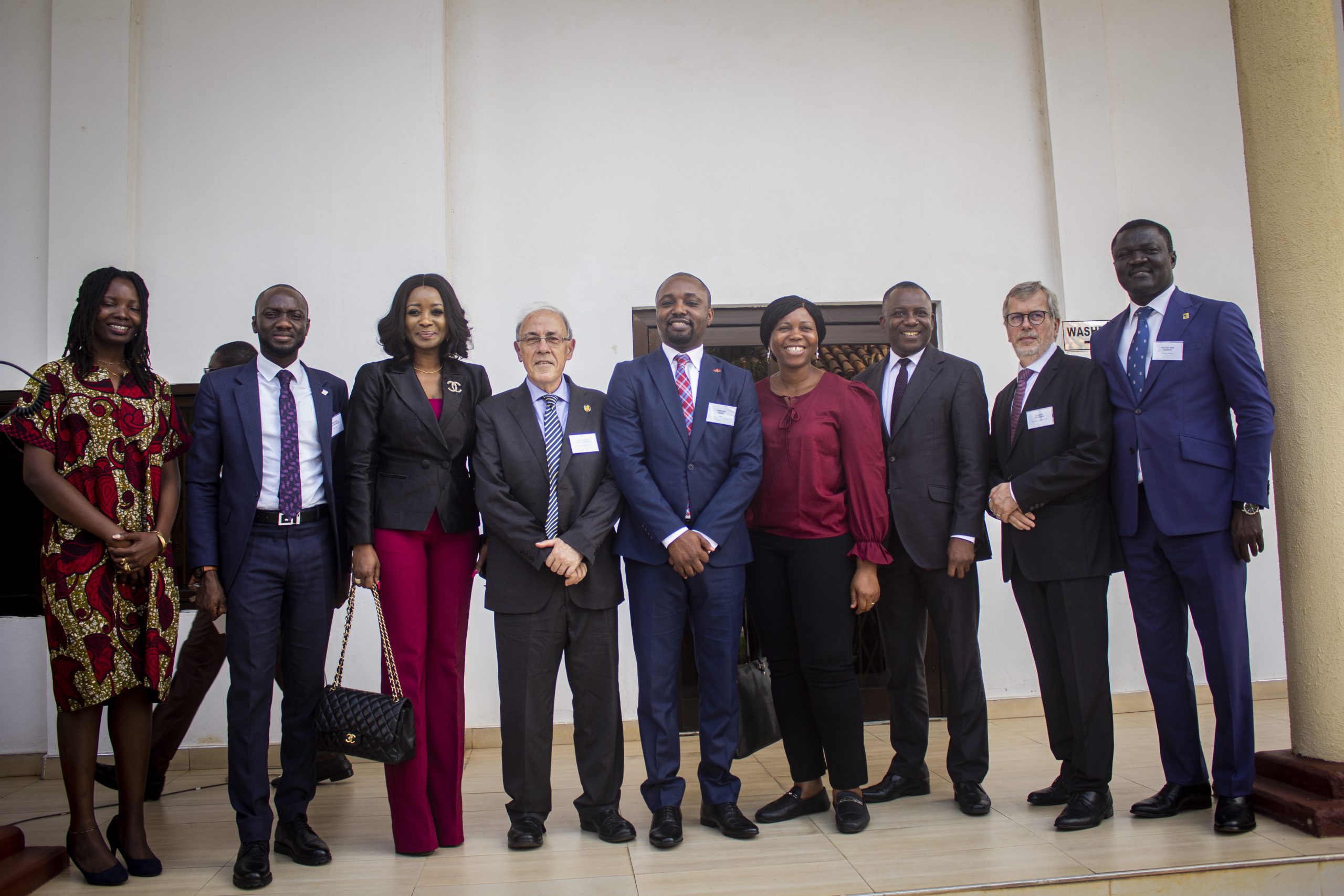Mr Victor Yaw Asante, the managing director of FBNBank Ghana, has encouraged players in Africa’s energy industry to concentrate on providing financing and capacity building for the achievement of Africa’s demands for sustainable energy.
Mr. Victor Yaw Asante, who was speaking on behalf of Dr. Adesola Adeduntan, Managing Director of the First Bank of Nigeria, the parent bank of FBNBank Ghana, was a panelist at the Climate Finance for Sustainability Energy Transition in Africa Conference, which was held at the conference center of the Institute of Social Statistical and Economic Research (ISER). The topic of the discussion was “Financing Sustainable Energy Transitions in Africa – Pitfalls, Potentials, and Paradoxes.
As per the topic, Africa’s widening energy access gap creates a unique opportunity for the region to leapfrog fossil fuel technologies and pursue a climate-friendly, needs-oriented power strategy aligned with the Paris Agreement and low-carbon growth. Through the discussion, panelists helped identify and discuss financing gaps and opportunities to guide stakeholders to access, allocate and mobilise climate finance effectively.
During the discussion, Mr. Victor Yaw Asante established that Africa has several energy resources and that most of the currently used sources are hydro-carbon based while the water-based ones are not adequately tapped. He also touched on solar and wind as additional options, explaining that very little attention has been paid to these two compared to water. “Solar can deliver 60 percent of our own power energy”, he said.
- June’s inflation increased slightly from 42.2% to 42.5%.
- FIDO reiterates the necessity for clients to use caution when obtaining digital loans from licenced lenders.

To ensure that Africa enjoys the best use of its multiple energy resources, Mr. Asante stressed the need for investment in human capital development with a strong element of capacity building as well as finance and technological advancement. He was of the view that this should bring about the much-needed transition to the use of sustainable energy and that organisations should be able to strengthen human capital across the African continent as well as strengthen institutions across board.
According to the Managing Director of FBNBank Ghana, “Capacity building in technology will be ideal if we want to transition into the sustainable energy that we want. Capacity requires two things; capital and skills. Organisations should therefore be able to strengthen human capital across the African continent as well as strengthen institutions across board. In terms of financing, the amount of investment required is not something that can easily be acquired from the continent at the moment. In Nigeria, they are committed to achieving net-zero gas by 2060 at the cost of about 2 trillion dollars and Ghana plans to also achieve same by 2070. There must be a need for some interventions from some multinational banks, development banks and other financial organisations to assist in financing to achieve our goal.”
Based on FirstBank’s experience and capabilities in advancing sustainable finance in this case financial inclusion in Africa, the Bank is committed to sustainable energy transition financing that is just through the deployment of climate financing mechanisms (loan products and investment offerings) that will advance the clean energy market and a just economic development.
At First Bank, the Bank looks internally to infrastructure and provides bespoke solutions with in-depth knowledge to the peculiarity of the infrastructure deficit in Nigeria and Africa at large. Aside financing, the bank has over the years provided advisory services and continued to collaborate with private and institutional investors in reviewing their respective capital plans, turning public and private strategies into defined projects, and helping to guide projects from concept to early-stage feasibility work, while delivering on commercial structuring and financial modelling.
Other members of the panel for the topic include Ian Mashingaidze, Program Director for Africa Capacity Building Foundation (ACBF), Seun Akindele, Head of Corporate Communications of Access Bank, Chidozie Ezike, Head Group ESG and Risk Measurement at United Bank for Africa. The moderator was Professor Kenneth Amaeshi of the School of Transnational Governance, European University Institute.
Source: FBNBank Ghana
